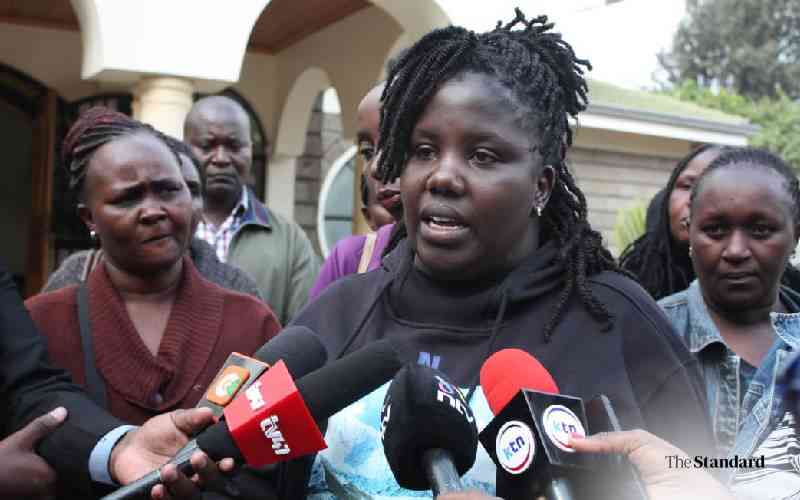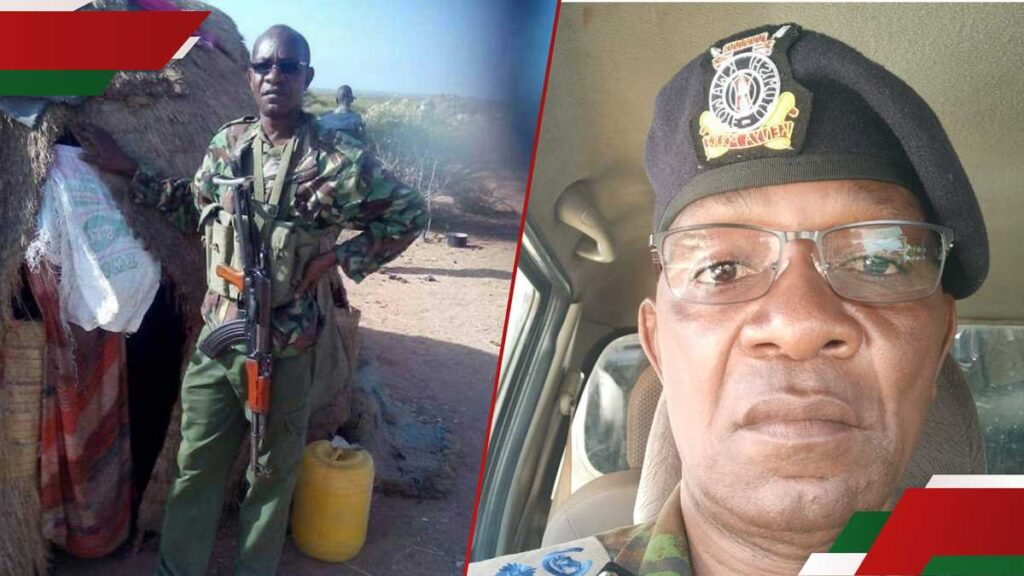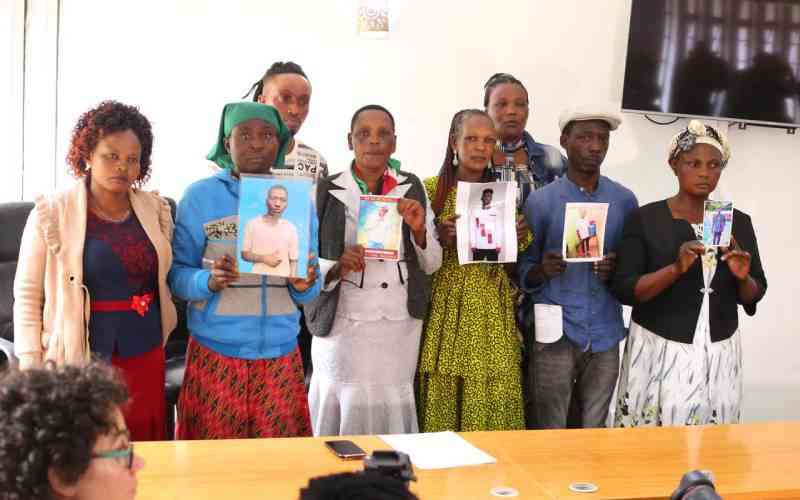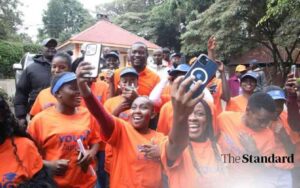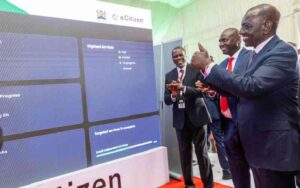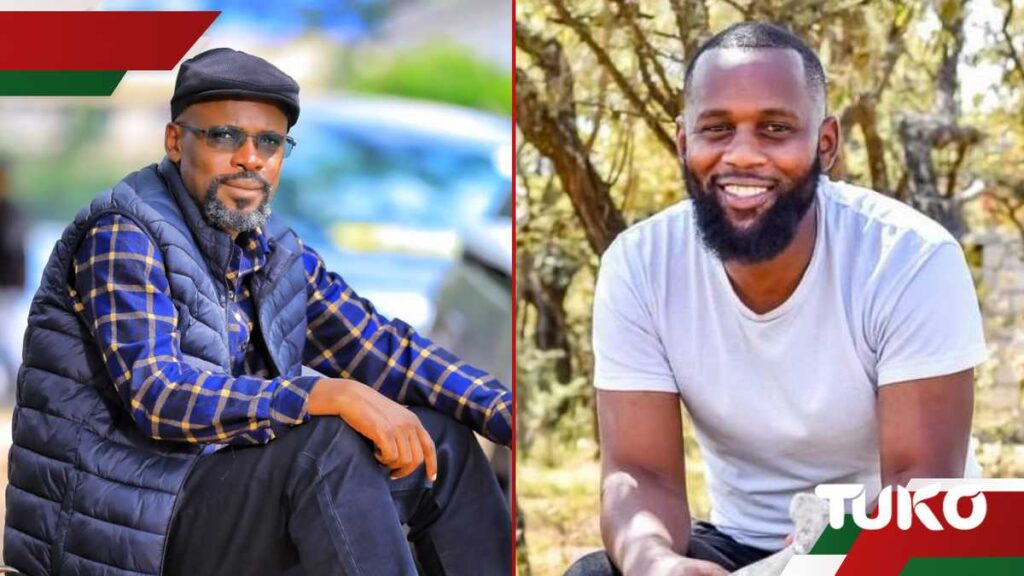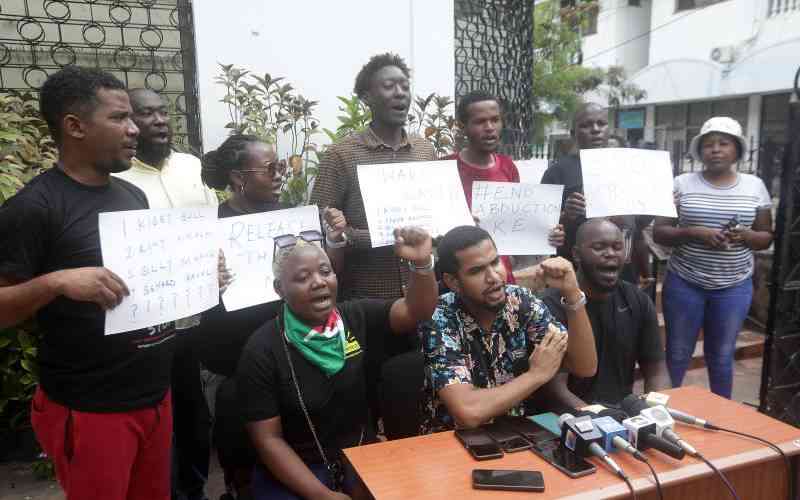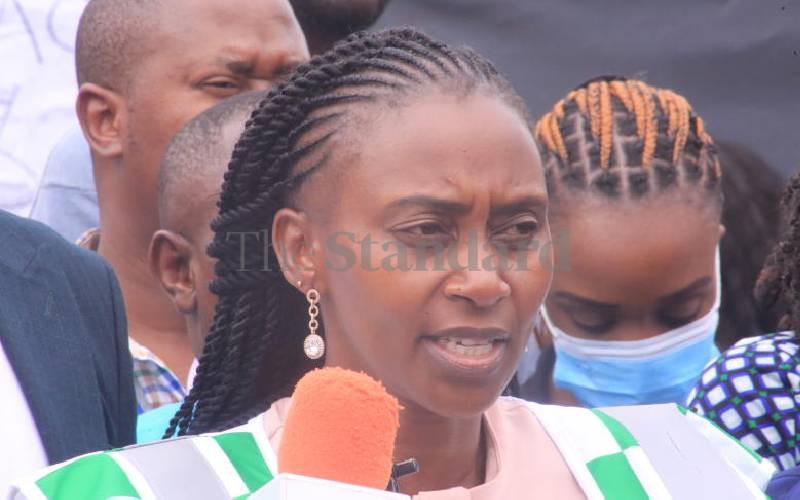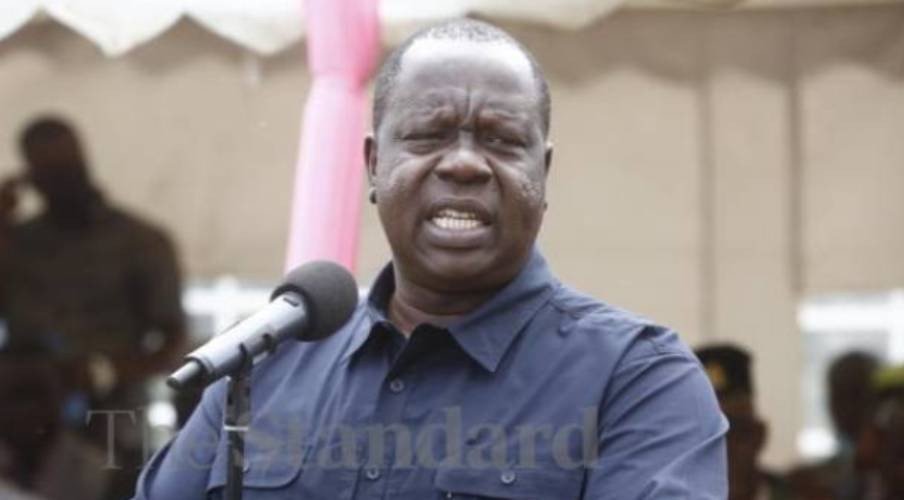The mystery surrounding the death of Susan Njoki Kamengere, a 48-year-old medic and mother of three, deepened Tuesday after a post-mortem confirmed she died as a result of manual strangulation.
This finding triggers outrage, painful questions, and a demand for accountability from a hospital that admitted her allegedly under force, denied family access, and has yet to explain how a patient under its care was strangled to death inside its walls.
Susan, the CEO and founder of Toto Touch, died last Tuesday, just a day after she was forcibly taken from her Kileleshwa home and admitted to Chiromo Group of Hospitals, Braeside branch, under circumstances her family now describes as suspicious and calculated.
The postmortem was conducted at the Montezuma Monalisa Funeral Home in Nairobi by a team of six pathologists representing the family, government, hospital, and other interested parties. It lasted four hours and ended in a unanimous consensus that Susan was murdered.
“Susan died because of what we call manual strangulation,” said Dr Peter Maturi, the family’s appointed pathologist.
Dr JN Ndung’u, the lead government pathologist, elaborated on the findings.
“There were features of compression to the neck consistent with manual strangulation, and lack of oxygen in the blood as a result of that compression. These are conclusive findings. Manual strangulation is always homicidal, it cannot be self-inflicted,” he said.
The postmortem findings validate the concerns the family raised last week. According to a now-deleted Facebook post Susan wrote on the evening of her admission, she was forcefully injected by a team of four; two men and two women, who stormed into her home claiming to act on her psychiatrist’s and husband’s instructions.
“Now a group of nurses invaded my bedroom and forced an injection on me. They said they were sent by my doctor,” Susan wrote.
In a chilling audio recorded from the hospital, Susan described being held against her will and denied access to her phone.
“They forced me to lie down and injected me again. I told them I was allergic to some medication. If death looks like this, let them take me back home,” she said. By the next day, she was dead.
The family of Susan is struggling to come to terms with the circumstances that led to her death.
Even more troubling is the fact that Susan’s immediate family was barred from seeing her while she was admitted. According to her youngest sister Priscila Wanjiru, she had spoken to Susan on the phone at 6:30 a.m. on Tuesday, shortly before her death. But when she went to visit her at the hospital later that morning, she was denied entry unless the husband gave permission.
“I went again in the afternoon with our aunt. Still, we were told we couldn’t see her unless the husband allowed. By the time we were let in, she was already dead,” said Wanjiru.
Stay informed. Subscribe to our newsletter
Ndegwa Njiru, the lawyer of the family, confirmed that the findings had now triggered a formal homicide investigation.
“Investigations have now commenced, and the results of the postmortem provide the foundation to pursue criminal proceedings against the culpable individual,” Njiru said.
He emphasized that while their focus is on the criminal angle, civil liability on the part of the hospital is also on the table.
The family is now demanding to know why the hospital allowed such restricted access to a patient whose life was clearly in danger.
“Who accessed her in that hospital? The biological siblings were locked out. So who was allowed in? Who gave the order to have her picked from her house? What was the motive?” said Njiru.
He also stated that the husband and some hospital staff had initially been arrested but were later released on police bail.
“With this information going public, we don’t know if they are still within the jurisdiction of the Republic or have taken cover. We are urging the DCI to act expeditiously and protect the integrity of the investigation,” Njiru said.
Her older brother, Euphantus Kamengeri, who raised Susan after their mother died in 1994, said they now feel vindicated, but are determined to pursue justice.
“I have been her half-father. We are grateful to the doctors for the truth. The instruction to take her to hospital was given by the husband, yet her regular hospital was Aga Khan. The doctor couldn’t even confirm when he last saw her. This was not our speculation,” he said.
Kamengeri added that the family will explore further tests, including toxicology, and issued a firm directive to the funeral home, that nobody has a right to take that body before the family decides.








